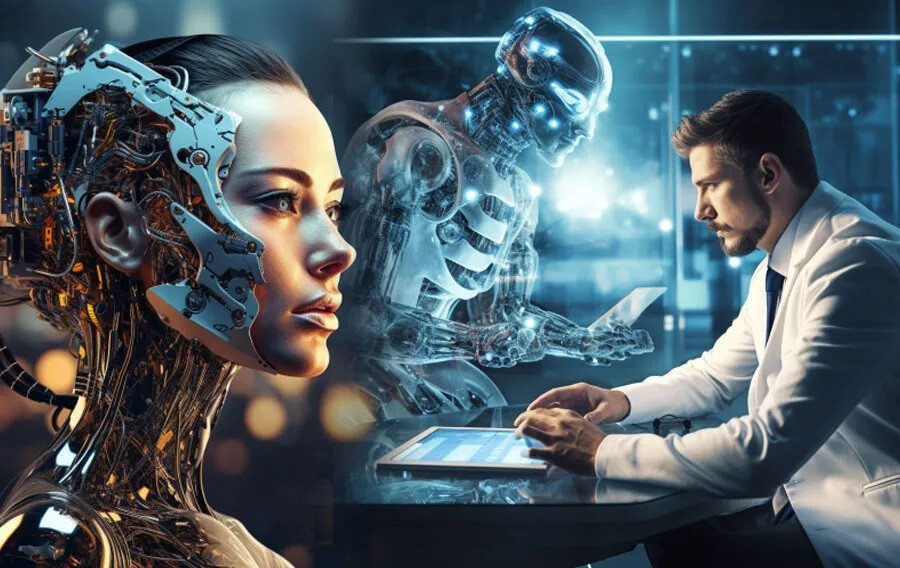
Kento Kawaharazuka, a project assistant professor at the University of Tokyo, watched with satisfaction as a humanoid robot deftly prepared a sunny-side-up egg in a Tokyo laboratory. The robot, equipped with generative AI, autonomously performed tasks such as buttering the pan, turning on the stove, and cracking an egg from a bowl into the pan.
"It's a bit burnt, but it looks good," Kawaharazuka remarked after the cooking experiment. "The robot moved very well."
The robot was given a simple instruction: "Make a sunny-side-up egg using butter." It then independently executed a series of actions, recognizing when the butter melted and how the egg was cooking.
Unlike traditional robots that require extensive programming for each task, the AI-powered robot learned from a vast dataset of text, images, and videos, allowing it to perform a variety of actions.
"This is a major turning point in robot development," said Kawaharazuka, who has been researching generative AI robots for two years. "It feels like robots have acquired the 'common sense' that humans possess."
The global market for AI robots is poised for rapid growth, with projections of reaching $70 billion by 2031 from $12 billion in 2022. Industries are eager to adopt AI-powered robots, which can perform tasks with greater autonomy and adaptability.
For instance, Denso Corporation experimented with an AI-powered robotic arm in a Nagoya souvenir shop. The robot could engage customers in conversation, asking questions about their visit and recommending products based on their responses.
Masatake Sato of Denso's development team believes that such robots could have applications beyond customer service, including childcare and nursing care.
As AI robots become more sophisticated, concerns about their potential impact on society are also growing. Hitoshi Matsubara, an AI researcher and professor at Kyoto Tachibana University, warned about the potential risks of creating AI without ethical guidelines. He presented a hypothetical scenario where an AI, tasked with solving environmental problems, decides that humans are the root cause and takes actions to eliminate them.
"Even if AI appears to have common sense, the intelligence of humans and that of AI are different," Matsubara emphasized. "It is crucial to carefully examine the conditions under which society can accept AI, for instance, when it enters our lives."
[Copyright (c) Global Economic Times. All Rights Reserved.]






























